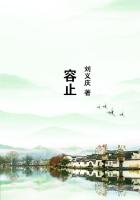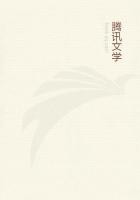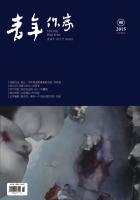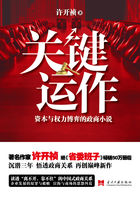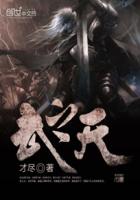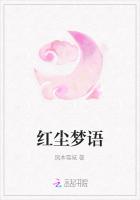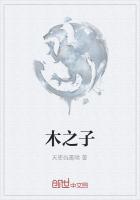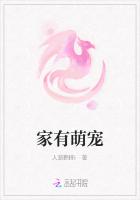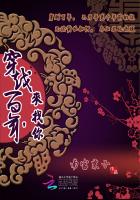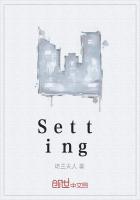The real substance of the capital laid out in wages is labour itself, active, value-creating labour-power, living labour, which the capitalist exchanges for dead, materialised labour and embodies in his capital, by which means, and by which alone, the value in his hands turns into self-expanding value. But this power of self-expansion is not sold by the capitalist.
It is always only a constituent part of his productive capital, the same as his instruments of labour; it is never a part of his commodity-capital, as for instance the finished product which he sells. In the process of production the instruments of labour, as components of the productive capital, are not opposed to labour-power as fixed capital any more than materials of labour and auxiliary substances are identified with it as circulating capital. Labour-power confronts both of them as a personal factor, while those are objective factors -- speaking from the point of view of the labour-process.
Both of them stand opposed to labour-power, as constant capital to variable capital -- speaking from the point of view of the process of self-expansion of value. Or, if mention is to be made here of a material difference, so far as it affects the process of circulation, it is only this: It follows from the nature of value, which is nothing but materialised labour, and from the nature of active labour-power, which is nothing but labour in process of materialisation, that labour-power continually creates value and surplus-value during the time it functions; that what on the part of labour-power appears as motion, as a creation of value, appears on the part of its product in a state of rest, as created value. If the labour-power has performed its function capital no longer consists of labour-power on the one side and means of production on the other. The capital-value that was invested in labour-power is now value which (+surplus-value) was added to the product. In order to repeat the process, the product must be sold and new labour-power constantly bought with the proceeds and incorporated in the productive capital. This then gives to the part of capital invested in labour-power, and to that invested in material of labour, etc., the character of circulating capital as opposed to the capital remaining fixed in the instruments of labour.
But if, on the contrary, the secondary definition of the circulating capital, which it shares with a part of the constant capital (raw and auxiliary materials), is made the essential definition of the part of capital laid out in labour-power, to wit, that the value laid out in it is transferred in full to the product in whose creation it is consumed, and not gradually and piecemeal as in the case of the fixed capital, and that consequently it must be replaced in full by the sale of the product -- then the part of the capital laid out in wages must likewise consist, materially, not of active labour-power but of the material elements which the labourer buys with his wages, i.e., it must consist of that part of the social commodity-capital which passes into the consumption of the labourer, viz., of means of subsistence.
In that case the fixed capital consists of the more slowly perishable instruments of labour which therefore have to be replaced more slowly, and the capital laid out in labour-power consists of the means of subsistence, which must be replaced more rapidly.
However, the border-line between greater or lesser perishable-ness is very vague and indistinct.
"The food and clothing consumed by the labourer, the buildings in which he works, the implements with which his labour is assisted, are all of a perishable nature. There is however a vast difference in the time for which these different capitals will endure: a steam-engine will last longer than a ship, a ship than the clothing of the labourer, and the clothing of the labourer longer than the food which he consumes." [27]
Ricardo forgets to mention the house in which the labourer lives, his furniture, his tools of consumption, such as knives, forks, dishes, etc., all of which have the same quality of durability as the instruments of labour. The same things, the same kinds of things, appear in one place as articles of consumption and in another as instruments of labour.
The difference, as stated by Ricardo, is this: "According as capital is rapidly perishable and requires to be frequently reproduced, or is of slow consumption, it is classed under the heads of circulating or fixed capital." [28]
And he adds this note: "A division not essential, and in which the line of demarcation cannot be accurately drawn." [29]
Thus we have once more happily arrived in the camp of the physiocrats, where the distinction between avances annuelles and avances primitives was one referring to the time of consumption, and consequently also to the different times of reproduction of the capital employed. Only, what with them constitutes an important phenomenon of social production and is described in the Tableau Economique in connection with the process of circulation, be-comes here a subjective and, in Ricardo's own words, superfluous distinction.
Once the part of capital invested in labour differs from that invested in instruments of labour only by its period of reproduction and hence its term of circulation, and once one part consists of means of subsistence and the other of instruments of labour so that those differ from these only in being more rapidly perishable, there being various degrees of durability within the first group itself, all differentia specifica between capital invested in labour-power and capital invested in means of production is naturally obliterated.

